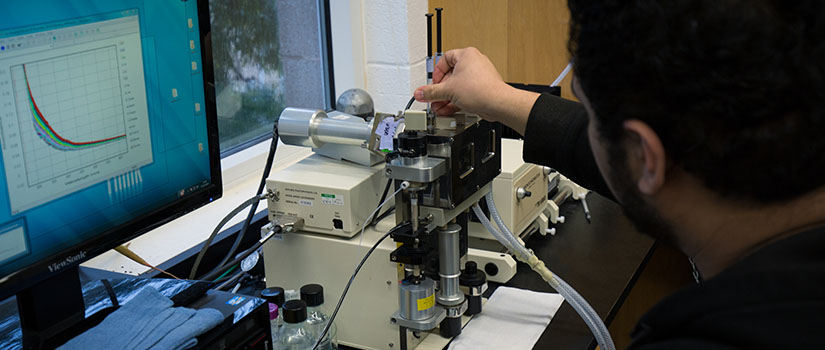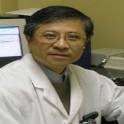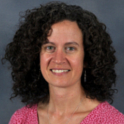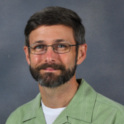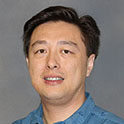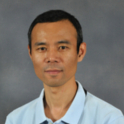
Christian Johnson
"The Johnson lab seeks to transform our understanding of disease using structural, biochemical, and biological techniques. We complement biophysical and theoretical approaches, such as x-ray crystallography, molecular dynamics simulations, molecular modeling, and general protein chemistry techniques, with disease modeling techniques in mammalian cell culture and genetically engineered mice."
